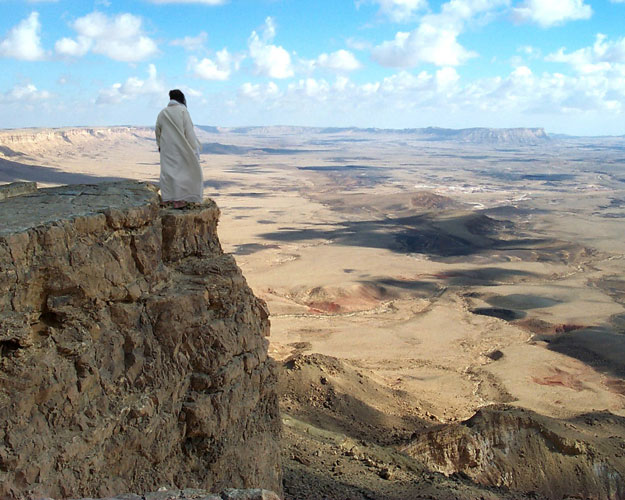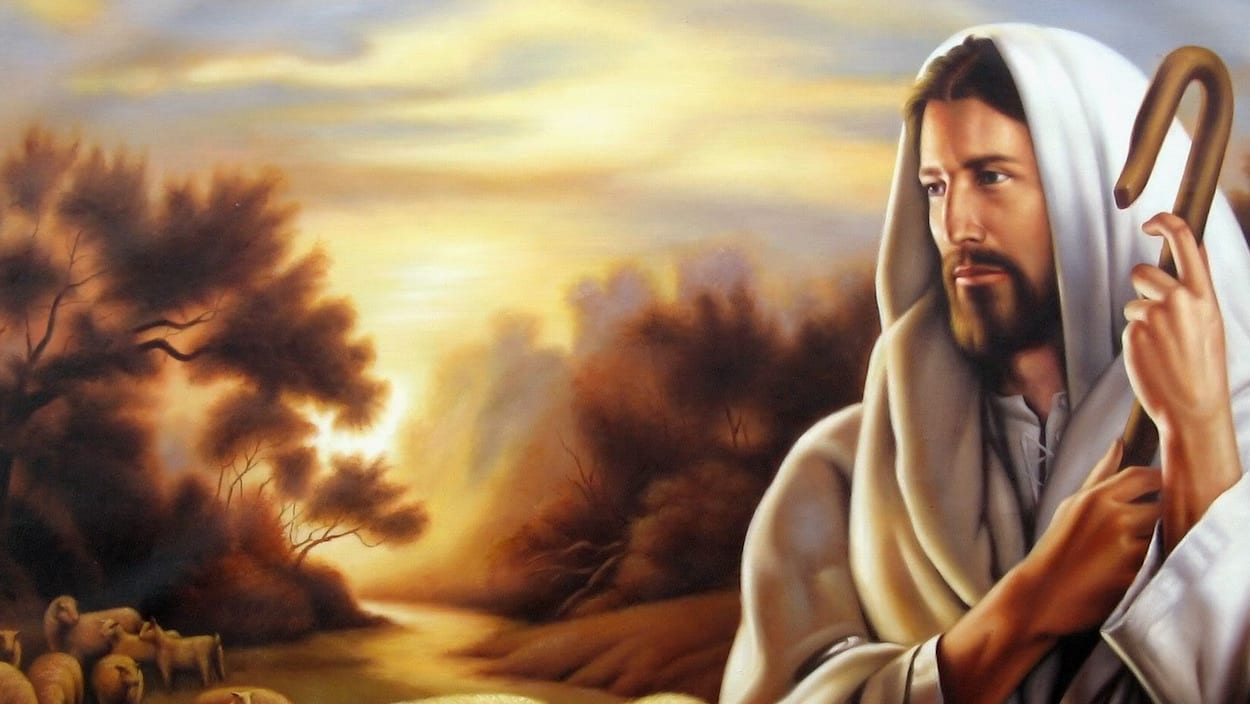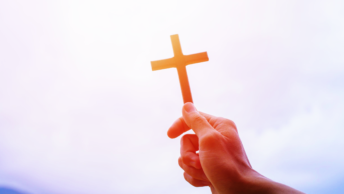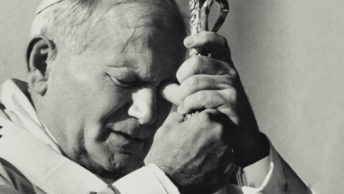In the Gospel of Mark, we are told that immediately following His baptism by John (Mk 1:9-11), the Spirit drove Jesus into the wilderness; where, for forty days, He was tempted by Satan while angels ministered to Him (Mk 1:12-13).
Into the wilderness. Spiritually, the wilderness is the place where we find ourselves immediately following our own baptism, and for that matter, the rest of our lives. Having been forgiven of original sin and welcomed into Christ’s body, we are sent into a “foreign” land- as pilgrims; and asked to cultivate, build, and bring about God’s kingdom.
For we twenty-first century Americans, spending time in the wilderness is a strange image, for it demands that we give up- at least for a time– the “things” that we enjoy. Let’s face it, things- whether we like it or not- often define us as a people; particularly when historians take a decade by decade “dive” into what happened when. Like our 1920 predecessors who transformed the radio into the “thing” they could not live without; in our day, we have immersed ourselves in social media, iPhones, and other types of electronic gadgetry. Years from now, they will be the things historians will remember us for. And yet, the accumulation of assets is not how we will be remembered in the kingdom. There, God will not ask us how many homes, automobiles, or gadgets we accumulated for ourselves. Rather, He will ask each of us what we accomplished for others; and also, by the way, what sort of relationship did you cultivate with Me?
While in the wilderness, we Christians are also wise to remember that the Advocate always accompanies us. We are never alone. But sometimes, I think that when we recall Jesus’ forty days of temptation, we forget that the Holy Spirit and angels were always at his side- encouraging and lifting Him up. Some years ago, a priest friend opened up his “working” bible for me. Filled with tattered and yellowed pages, alongside the sacred passages he had prayed were insights that he had been given- insights related to his own spirituality and personal journey. Over the many years, it would be those insights that he relied upon while ministering to God’s people- especially while preaching the Gospel at Holy Mass and presiding at baptisms, weddings, and funerals. Like Jesus, the Holy Spirit, the Advocate, had always guided him- constantly refreshing his faith and moving he and his parishioners into a deeper relationship with God.
This Lent, may we remember that as human persons, we have been endowed with two unique gifts. On the one hand, we have been given the gift of intellect, through which “doing” has become possible. Throughout history, this gift has provided mankind the ability to create things that have greatly enhanced our lifestyles. For example, breakthroughs in science have enabled us to feed the world, heal the sick, and explore the globe. Good things! And yet, Sacred Scripture and our Catholic faith make us aware that sometimes our pre-occupation with this “active” side of ourselves may serve as an impediment to the other unique gift given us by the Creator- the one that allows us to “be.” In recalling the gift of “being,” we are reminded of the story of Martha and Mary. In their own ways, each strived for the “optimal” experience as they visited with Jesus. Martha, the doer, sought to make Jesus’ visit special through her hospitality. Mary, on the other hand, expressed her gratitude by simply “being” with Jesus- adoring His presence and listening to His words. And, of course, we know that Jesus told Mary that she had chosen “the better half.”
Given this, as we journey toward Easter, may we be cognizant that both “doing” and “being” are important. As we calibrate our lives and daily activities, however, we recognize that both are necessary. As such, may we pray to accomplish both- and be blessed in our efforts! On the “doing” side, rather than giving something up, why not make the effort to do something “extra” for another person? Similarly, on the “being” side, if it is our practice to meet only the Sunday Mass obligation, perhaps we might make the extra effort to attend a daily Mass or seek additional quiet time with the Lord in private prayer or before Him in Eucharistic Adoration?
Whatever our decision, may we be aware that in all things, we are never alone. May our hearts be always filled with the knowledge that the Spirit of God is there to guide us and lead us toward the building of a relationship that will last an eternity. God bless you!








